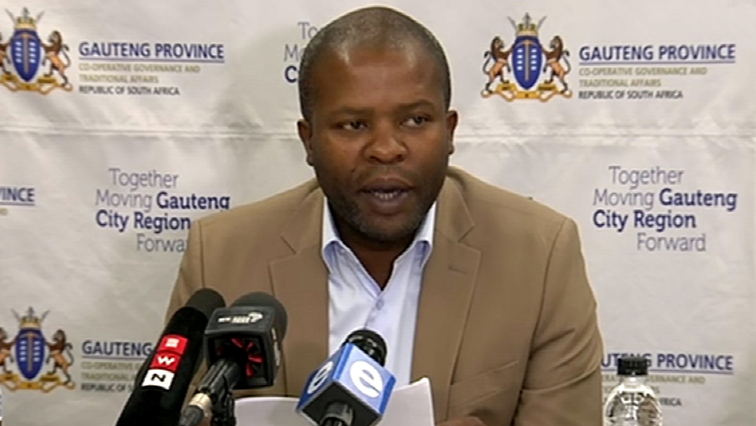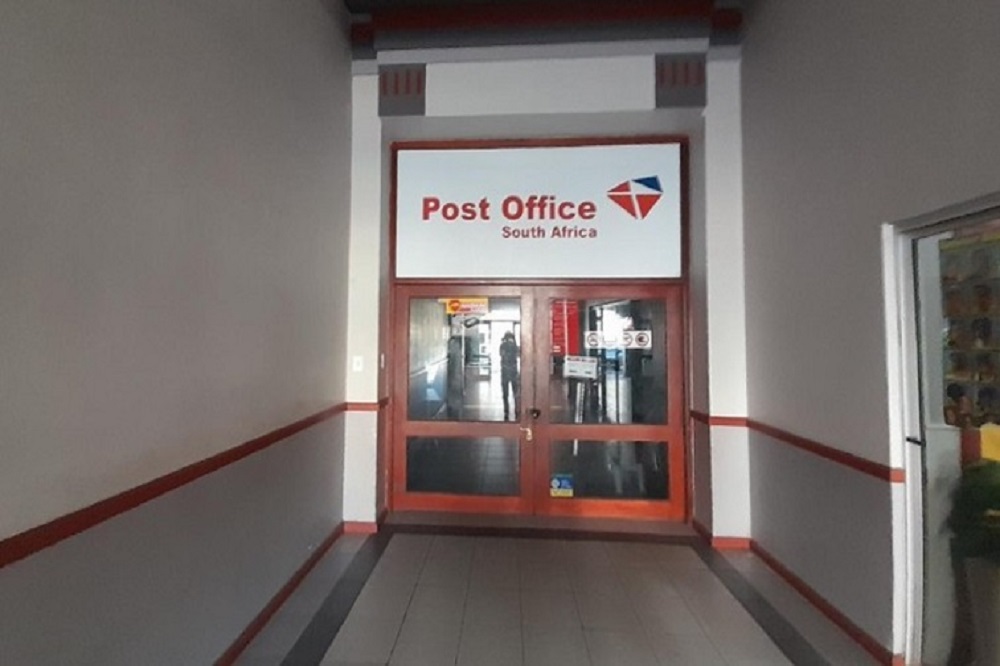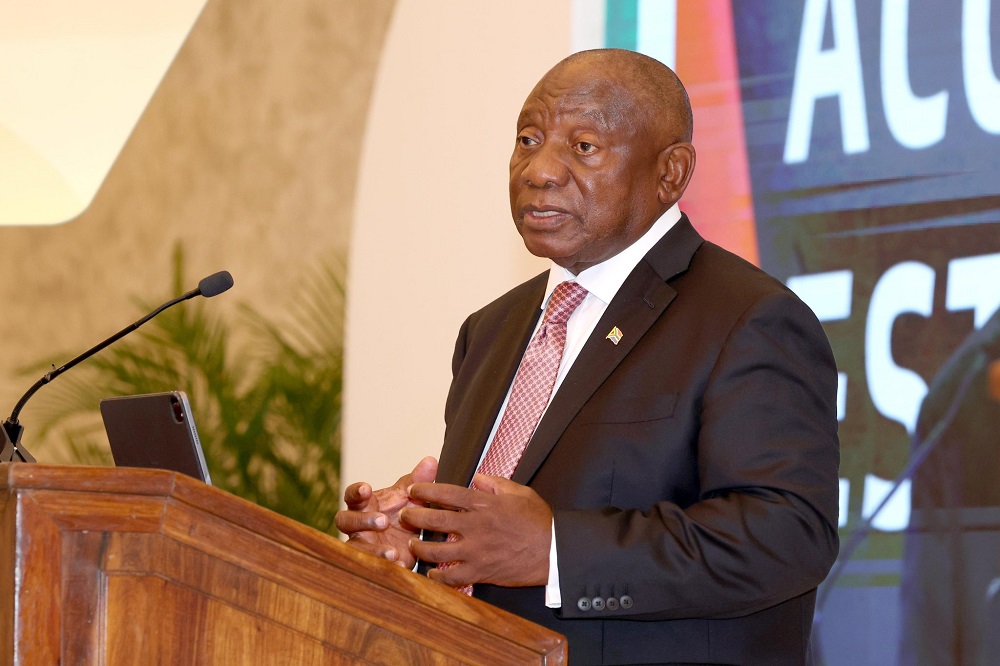-
Finance MEC Lebogang Maile.
Finance MEC, Lebogang Maile says the Gauteng Provincial Government Departments incurred R4.2 billion in new irregular expenditure in the 2024/25 financial year. 14 of the 19 provincial government entities achieved clean audits.
Maile was giving a media briefing in Johannesburg. He has expressed concern over the Health and Education Departments which regressed in their audit findings.
“Overall, in the 2024/25 financial year, most of the departments and entities achieved clean audit opinions, a clear indication that significant progress has been made to improve financial management and ensure that public funds are utilised for what they’re meant for, to deliver services to citizens of Gauteng. However, we remain concerned about the continuous rise in irregular expenditure which occurs when the department does not adhere to supply chain management rules and regulations when procuring goods and services,” the MEC says.
The departments of Infrastructure Development, Agriculture and Rural Development, Social Development, Health and Human Settlements have not moved from their positions of incurring unqualified audit opinion with findings.
Maile says this is mainly due to issues of non-compliance.
“In the same period, two departments have regressed, with Education losing its clean audit and receiving an unqualified audit opinion, whilst Sports, Arts, Culture and Recreation moved from an unqualified to a qualified audit opinion. Overall, the analysis of the audit outcomes of 2024/25 showed that the Department of Health was the only department with non-compliance across all areas due to a lack of an effective internal control environment. Across the departments that received unqualified audits, health, human settlements, infrastructure development, agriculture, rural development and social development, for non-compliance with expenditure management and supply chain management laws and regulations was common, which led to increased instances of irregular expenditure.”
This, while four departments maintained their clean audit outcomes status for five consecutive years.
“Provincial Treasury continues to work closely with departments to curb irregular expenditure by strengthening supply chain management capacity. A total of eight departments achieved clean audit outcomes in the 2024/25 financial year, and those are the office of the premier, provincial legislature, provincial treasury, cooperative governance and traditional affairs, e-government, economic development, community safety and roads and transport. It is important to note that four of the eight above-mentioned departments have sustained these clean audits for at least five consecutive years.”
Digital invoice submissions
The provincial government is in the process of implementing digital invoice submissions for tender processes in order to curb corruption.
Maile also disclosed the introduction of an invoicing system – where the invoices will be uploaded on a system, minimising interaction with government officials, who would demand payment cuts.
The implementation will start with five departments, including the office of the Premier and Treasury, he says.
“The first thing we did was to introduce what we call an open tender system in Gauteng. Where before we advertise a tender we appoint external auditors, these are people who are not working for government, who check our processes and then before awarding, when we adjudicate, we call members of the public to observe. The second thing that we are doing, is introducing a digitised procurement. So what we want to do is to eliminate human interference in the tendering system.”
Interventions to improve audit outcomes include, among others, reviewing audit action plans, annual financial statements prior to submission to audit committees and the auditor general and also providing training.











